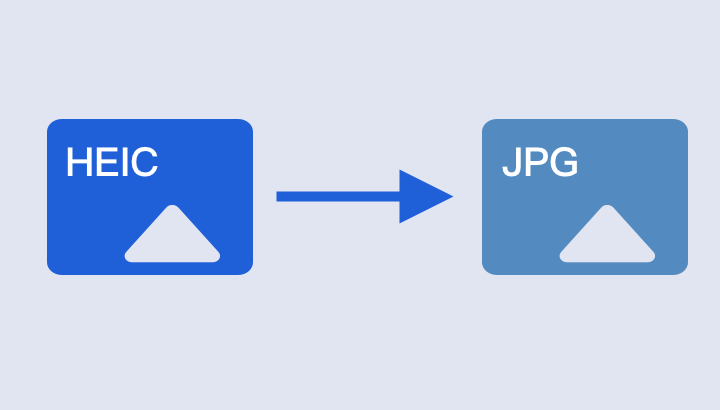Hungarian-born Katalin Kariko, who has already won almost every other major prize in medicine, could win for her groundbreaking research.
The discovery of breast cancer and an mRNA vaccine are seen as possible winners when the week of Nobel Prize winners in medicine begins on Monday, with this year’s awards taking place in the shadow of war in Europe.
Established more than 120 years ago before Europe was devastated by two world wars, the Nobel Prize will honor those who have “made the greatest contribution to humanity” after a year marked by bloodshed and destruction in Ukraine.
The medicine prize will be announced on Monday in Stockholm at around 11:30 a.m. (09:30 GMT), the physics prize on Tuesday, the chemistry prize on Wednesday and the literature prize on Thursday.
The Peace Prize, the most anticipated of the awards and the only one announced in Oslo, will take place on Friday, while the Economic Prize will conclude on October 10.
For medicine, one woman’s name keeps popping up in the middle prize observers: American geneticist Mary-Claire King, who in 1990 discovered the BRCA1 gene responsible for the hereditary form of breast cancer.
She could be honored along with oncologists Dennis Slaman of the US and Axel Ulrich of Germany for their research that led to the development of the breast cancer drug Herceptin.
However, if the jury were to break with its tradition of honoring decades of research, another woman could have her role in the fight against the COVID-19 pandemic.
Male dominance
Katalin Kariko, a native of Hungary who has already won almost every other major prize in medicine, could win for her groundbreaking research that directly led to the first mRNA vaccines to combat COVID-19, produced by Pfizer and Moderna.
“This is not only a direct benefit that we have had in the fight against the pandemic, it is also the first in a series of very promising applications using this technology,” Ulrika Björksten, Nobel Prize observer, head of the science service at Swedish Public Radio, told AFP.
Carrico could be honored alongside his collaborator Drew Weissman of the United States and Peter Cullis of Canada.
Last year, the prize went to American researchers David Julius and Ordem Pataputyan for their discoveries regarding human receptors for temperature and touch.
David Pendlebury, who heads Clarivate, a watchdog think tank that lists dozens of possible Nobel Prize winners in science, said his money was on King and Slamon this year.
But he also mentioned Hong Kong molecular biologist Yuk Min Dennis Lo, who pioneered the development of non-invasive prenatal testing.
He also developed a new method for early cancer detection using just a few drops of blood, called liquid biopsy.
With a simple blood count, “you can identify all kinds of potential problems and diseases,” Pendlebury said.
Male researchers working in the United States have overwhelmingly dominated the Nobel Prizes in science over the years.
The various prize committees insist they are trying to recognize women’s achievements, but say many of the major discoveries were made decades ago, when fewer women were involved in high-level research.
Last year, 12 men and one woman won the Nobel Prize, with all scientific honors going to men.
Anti-Putin awards?
Literary critics told AFP on Thursday that they believed the Swedish Academy could choose a more mainstream author this year after choosing lesser-known writers for the past two years.
Last year, Tanzanian writer Abdulrazak Gurna won, and American poet Louise Gluck was crowned in 2020.
American writer Joyce Carol Oates, France’s Annie Hernaud and Maurice Condé, Russia’s Lyudmila Ulitskaya and Canada’s Margaret Atwood have been named as potential winners if the committee turns its attention to a woman.
However, online betting sites have Frenchman Michel Houellebecq as the favourite, ahead of British writer Salman Rushdie, who was the victim of an assassination attempt in August.
But this year, the peace prize is of special importance.
After the Russian journalist Dmitriy Muratov, together with his Filipino colleague Maria Ressa, received the prize for freedom of expression last year, will the Norwegian Nobel Committee award another anti-Putin prize after Moscow’s invasion of Ukraine?
Not since the Second World War has a conflict raged between two countries so close to Oslo.
The International Criminal Court, tasked with investigating war crimes in Ukraine, and the UN International Court of Justice, both based in The Hague, have been mentioned as possible winners this year.
Russian dissident Alexei Navalny and Belarusian opposition leader Svetlana Tsikhanovskaya were also condemned.
If the committee were to focus on the climate crisis, experts suggested Swedish activist Greta Thunberg, perhaps along with British environmentalist David Attenborough or other activists such as Nisreen Elsaim of Sudan and Chibezi Ezekiel of Ghana.
© 2022 AFP
Citation: Medicine prize opens Nobel week clouded by war (2022, October 3) Retrieved October 3, 2022, from https://phys.org/news/2022-10-medicine-prize-nobel-week-clouded.html
This document is subject to copyright. Except in good faith for the purpose of private study or research, no part may be reproduced without written permission. The content is provided for informational purposes only.






